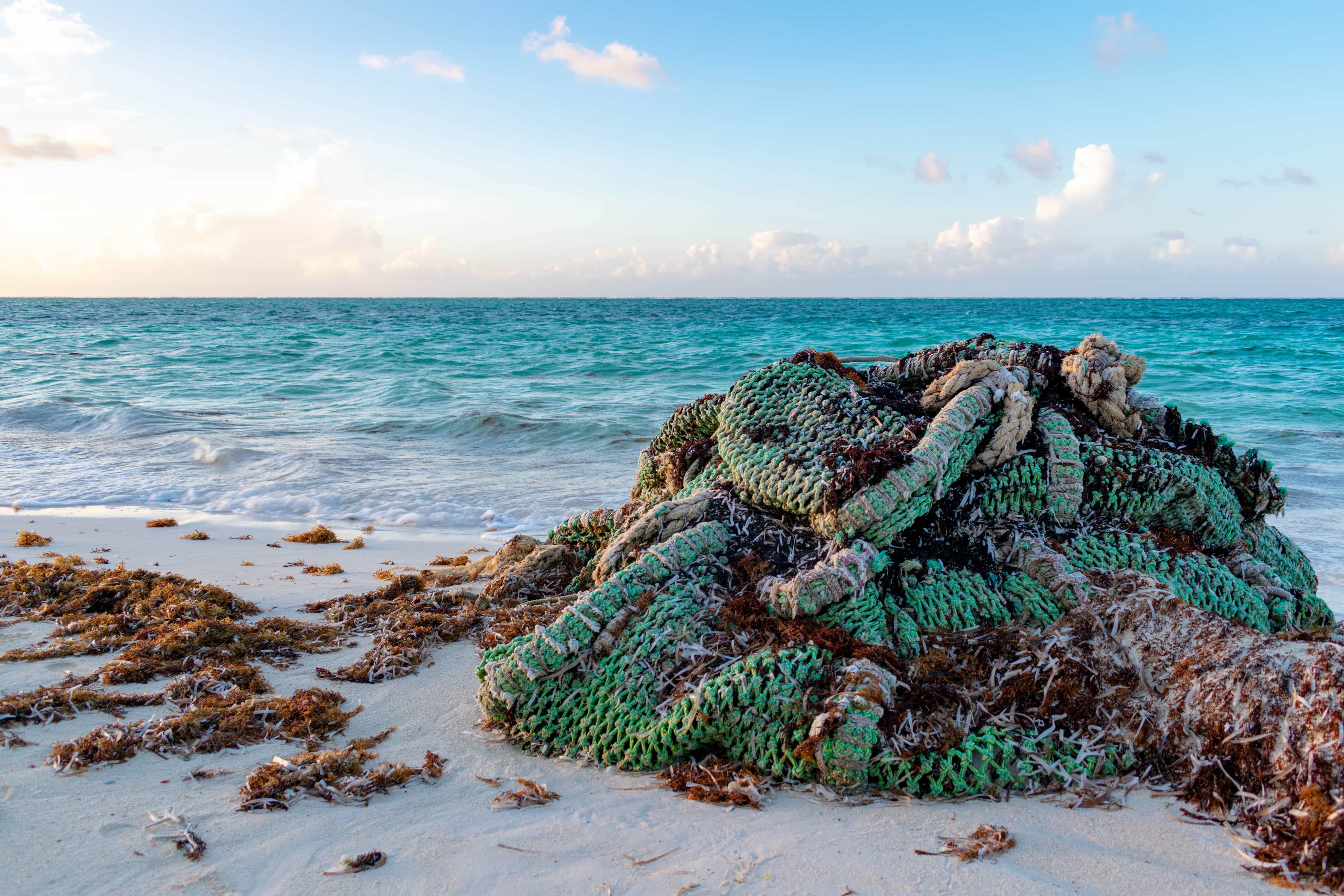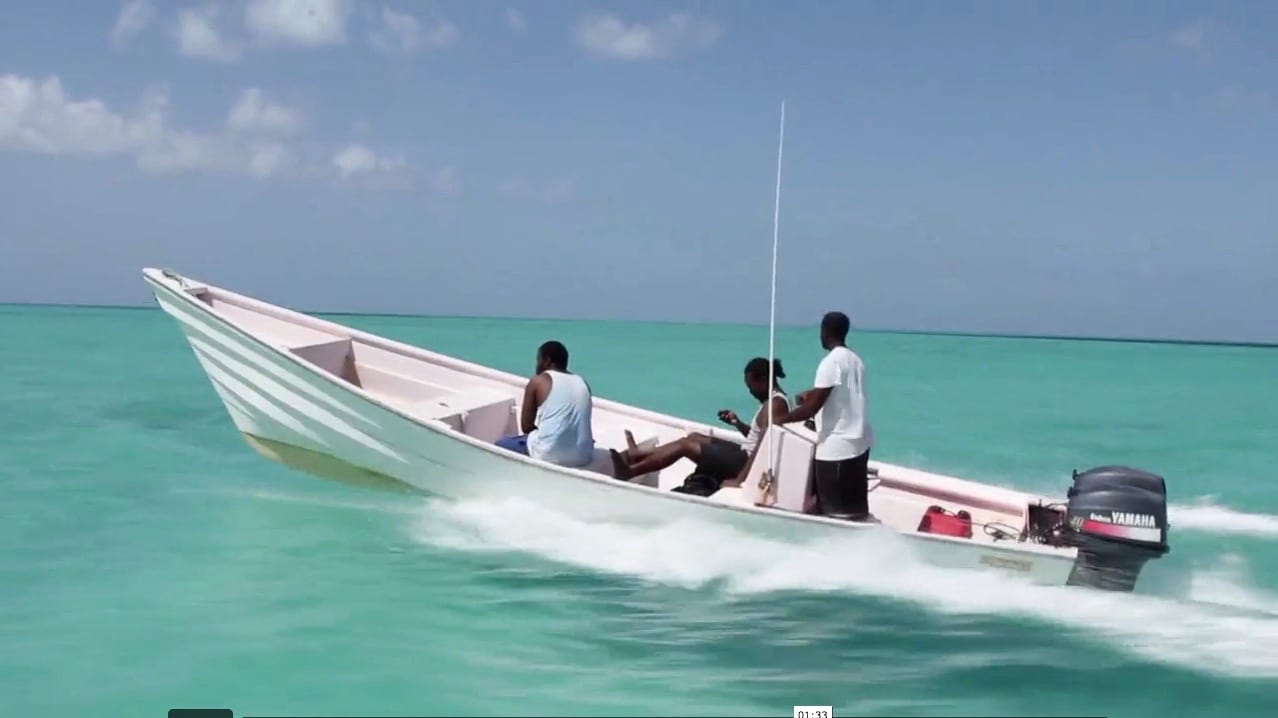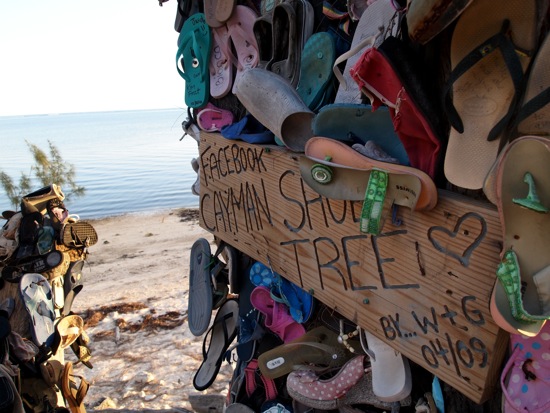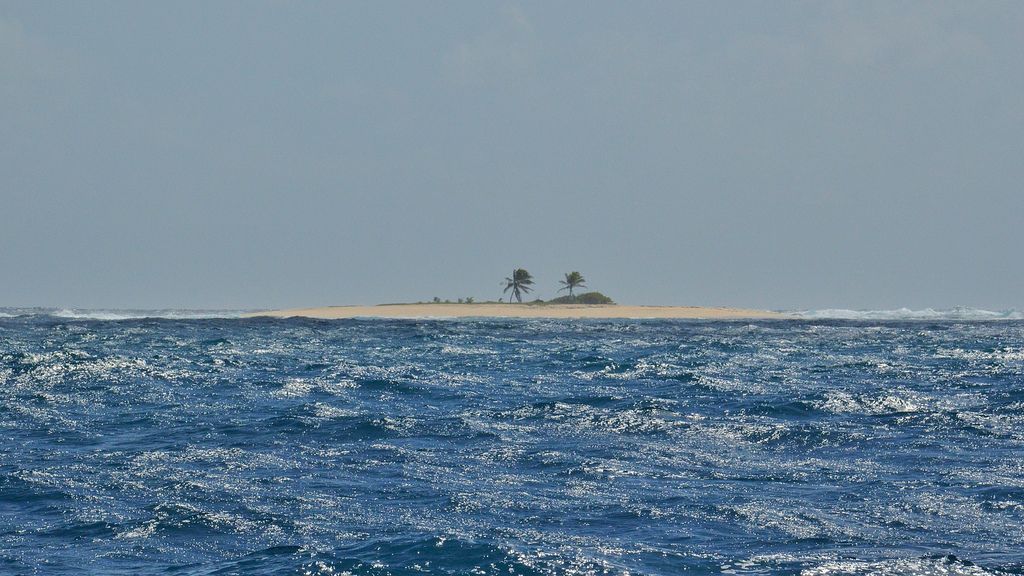On Fishing Nets and the Fight for Clean Seas
Straws suck
As an ardent supporter of common sense initiatives aimed at environmental conservation and sustainability, I’ve been heartened to see plastic straws increasingly disappear from restaurants, bars, and hotels across the Caribbean. Many of the drinks that I enjoyed in Antigua, St. Croix, St. Thomas, St. John, Haiti, and Jamaica in the past year+ have come without plastic straws. If they had straws at all, they were of the paper or reusable metal variety. This is all great, especially for turtles, but sadly it’s not enough.
Fishing nets are worse
A recent study conducted by the scientists at Ocean Cleanup revealed that a good 46% of the plastic floating around in the Great Pacific Garbage Patch actually derives from discarded fishing nets. From the Ocean Cleanup study…
While the introduction of synthetic fibres in fishing and aquaculture gear represented an important technological advance specifically for its persistence in the marine environment, accidental and deliberate gear losses became a major source of ocean plastic pollution. Lost or discarded fishing nets known as ghostnets are of particular concern as they yield direct negative impacts on the economy and marine habitats worldwide.
We run across carelessly discarded fishing nets more often than we’d like on our travels. Usually they’re impossibly tangled with sea grass and sargassum; a gnarly mess weighted down with sand sullying the shore, as pictured above.
If you find one of these nets while adventuring around the Caribbean, we hope you’ll try to dispose of it properly.
For more on what’s being done to keep our seas debris-free, including ways in which you can help, visit the NOAA Marine Debris Program online.



